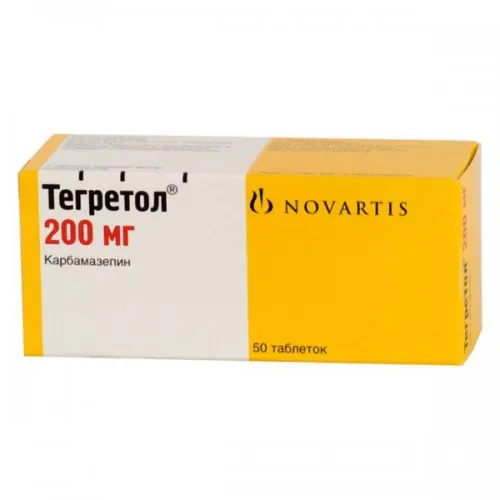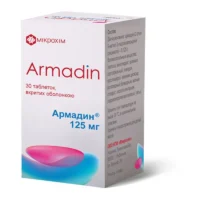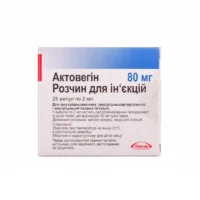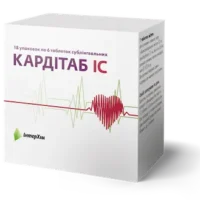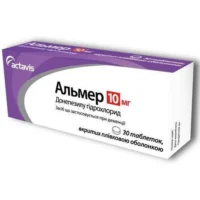Description
Tegretol (Carbamazepine) Tablets 200 mg. №50
Ingredients
- Active ingredient: Carbamazepine 200mg per tablet.
Dosage
- Dosage: The usual starting dose is 200mg twice daily. Dosage may be adjusted based on individual response.
Indications
- Indications: Tegretol is indicated for the treatment of epilepsy and trigeminal neuralgia.
Contraindications
- Contraindications: Do not use Tegretol if you have a history of bone marrow depression or hypersensitivity to carbamazepine.
Directions
- Directions: Take Tegretol exactly as prescribed by your healthcare provider. Do not exceed the recommended dose.
Scientific Evidence
Pharmacological Effects: Carbamazepine exerts its anticonvulsant effects by stabilizing neuronal membranes and reducing repetitive neuronal firing. It is also thought to modulate voltage-gated sodium channels.
Clinical Trials: Clinical studies have demonstrated the efficacy of Tegretol in the management of epilepsy and trigeminal neuralgia. For example, a study published in the Journal of Neurology, Neurosurgery & Psychiatry showed a significant reduction in seizure frequency with carbamazepine treatment.
Additional Information
- Tegretol may interact with other medications, so inform your doctor about all the drugs you are taking.
- Common side effects include dizziness, drowsiness, and nausea.
- It is important to have regular blood tests while taking Tegretol to monitor for potential side effects.
- Consult your healthcare provider before using Tegretol if you are pregnant or breastfeeding, as it may cause harm to the unborn baby or nursing infant.
- Do not stop taking Tegretol abruptly, as it may lead to withdrawal symptoms or seizure recurrence.

